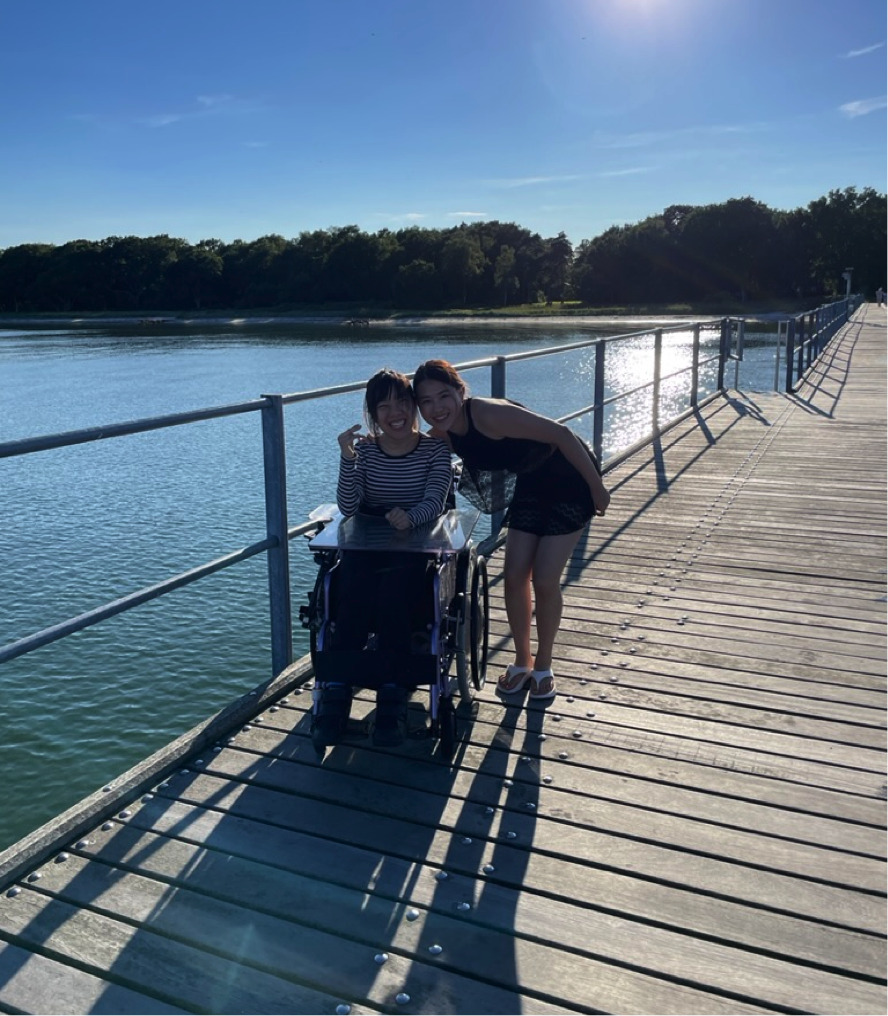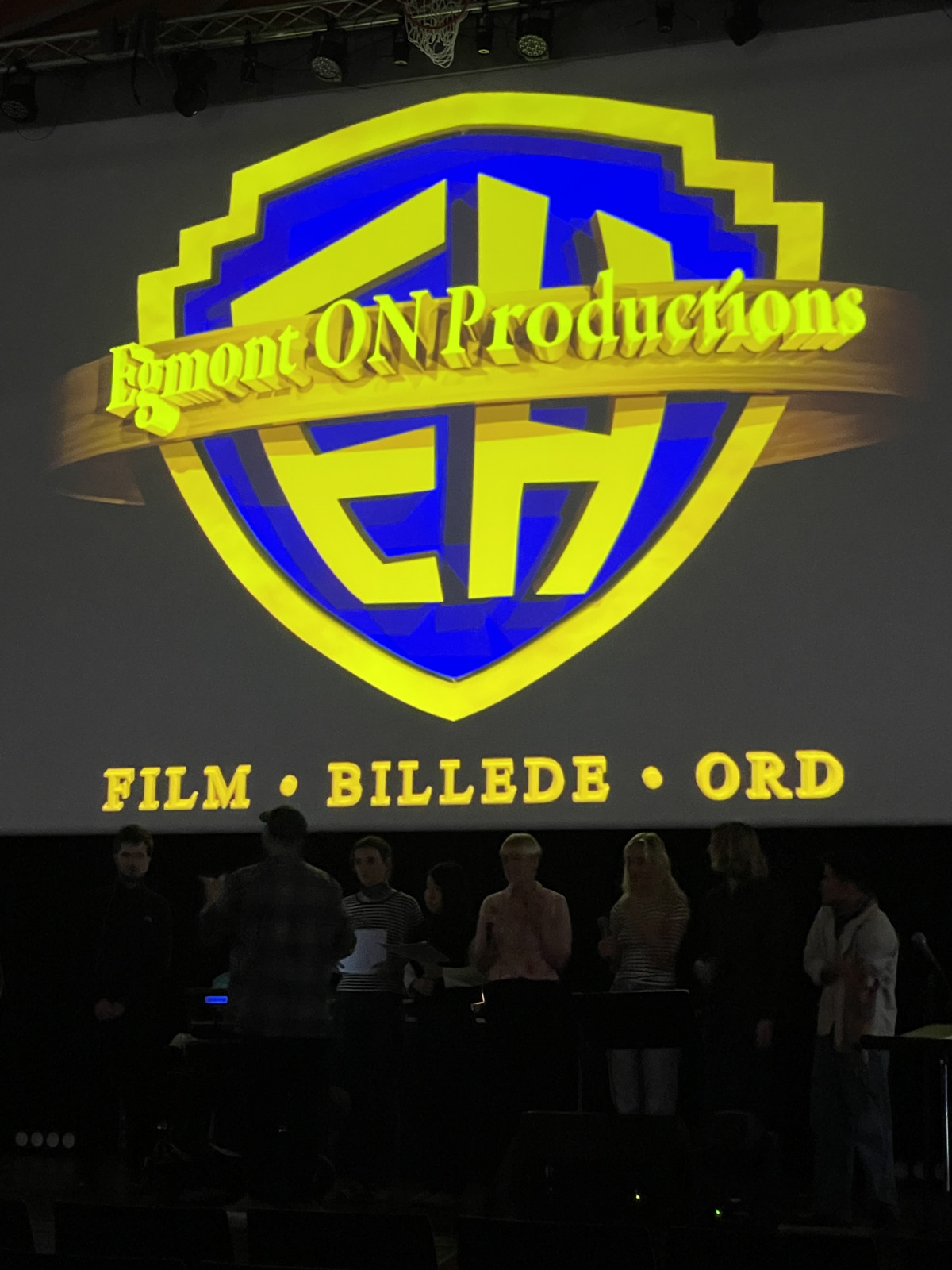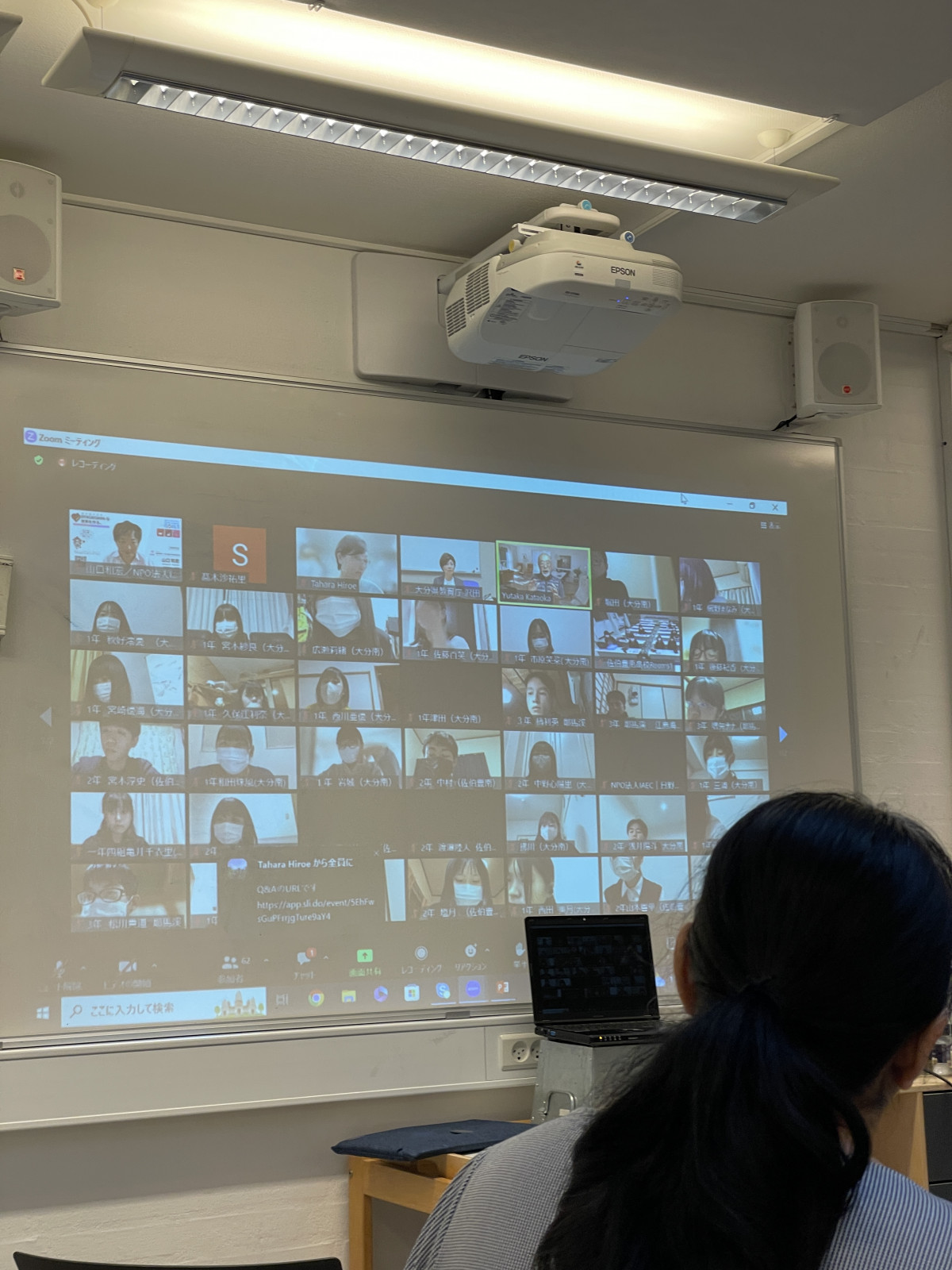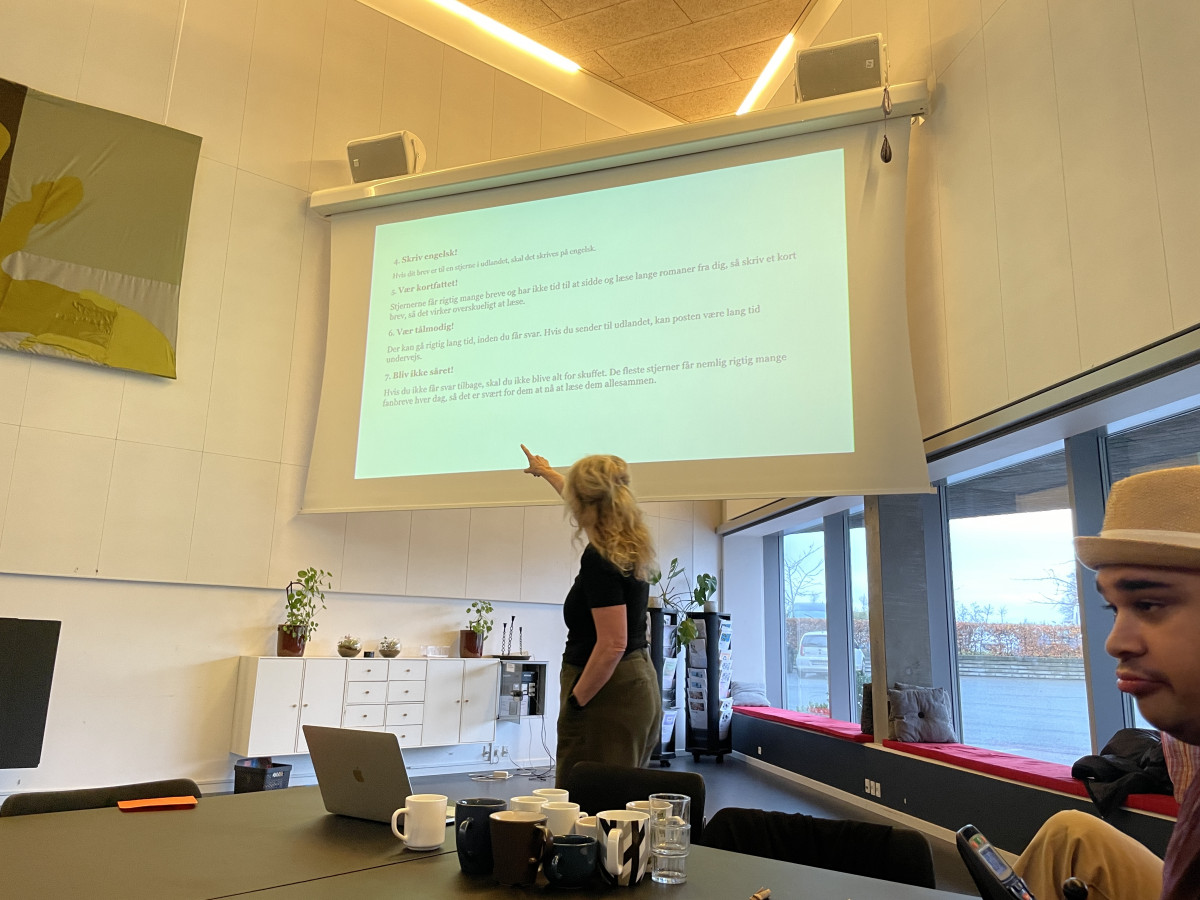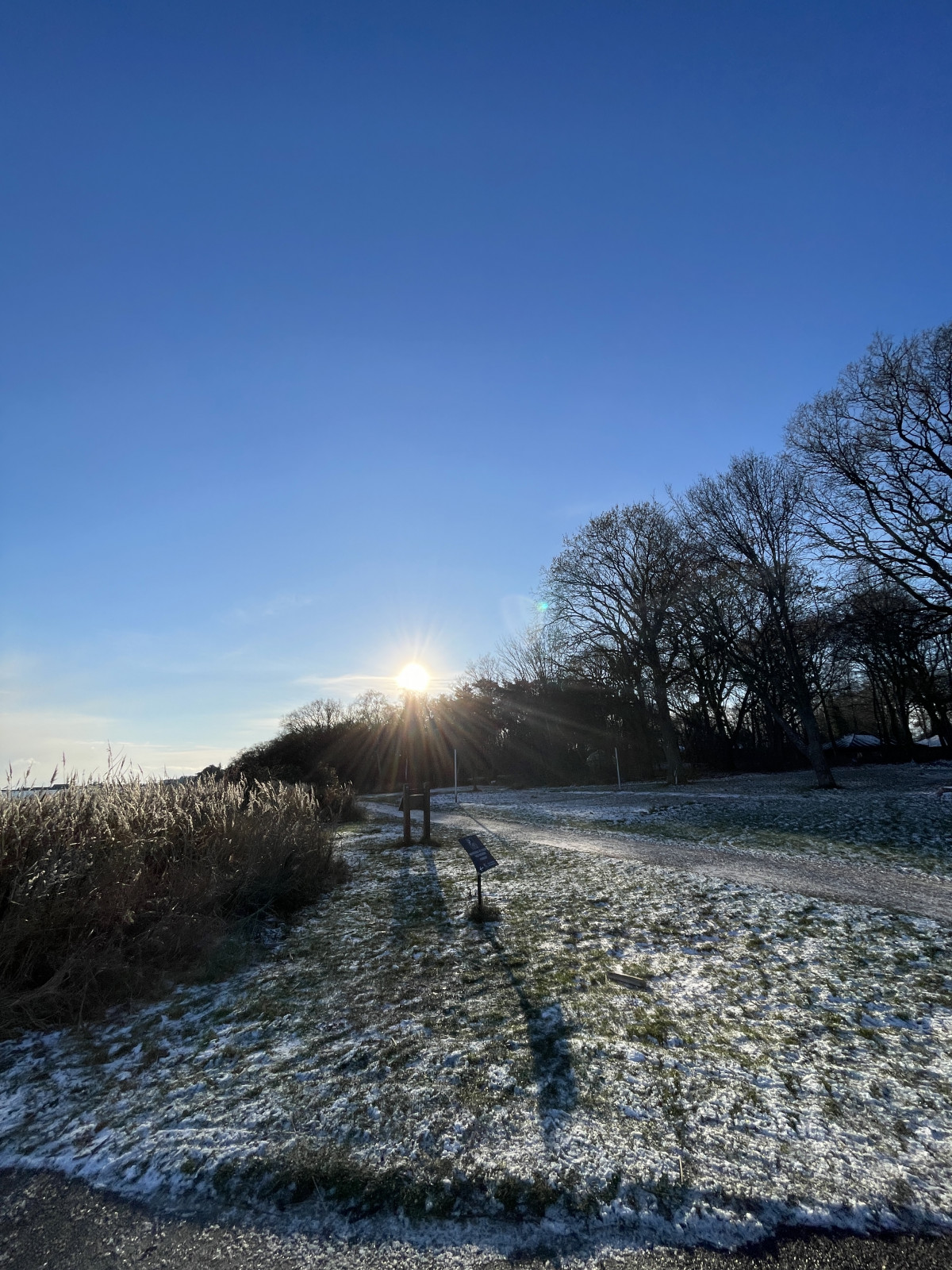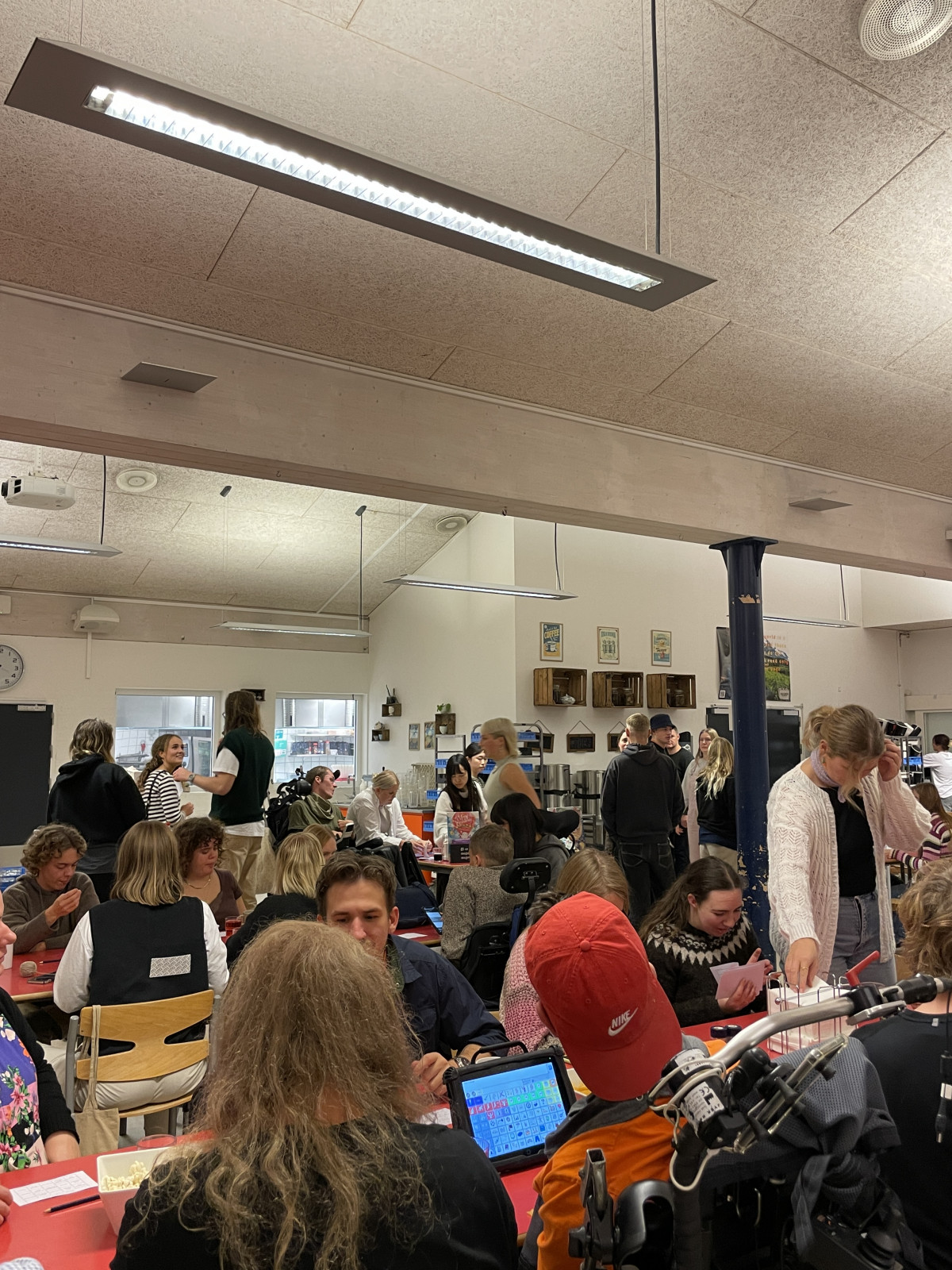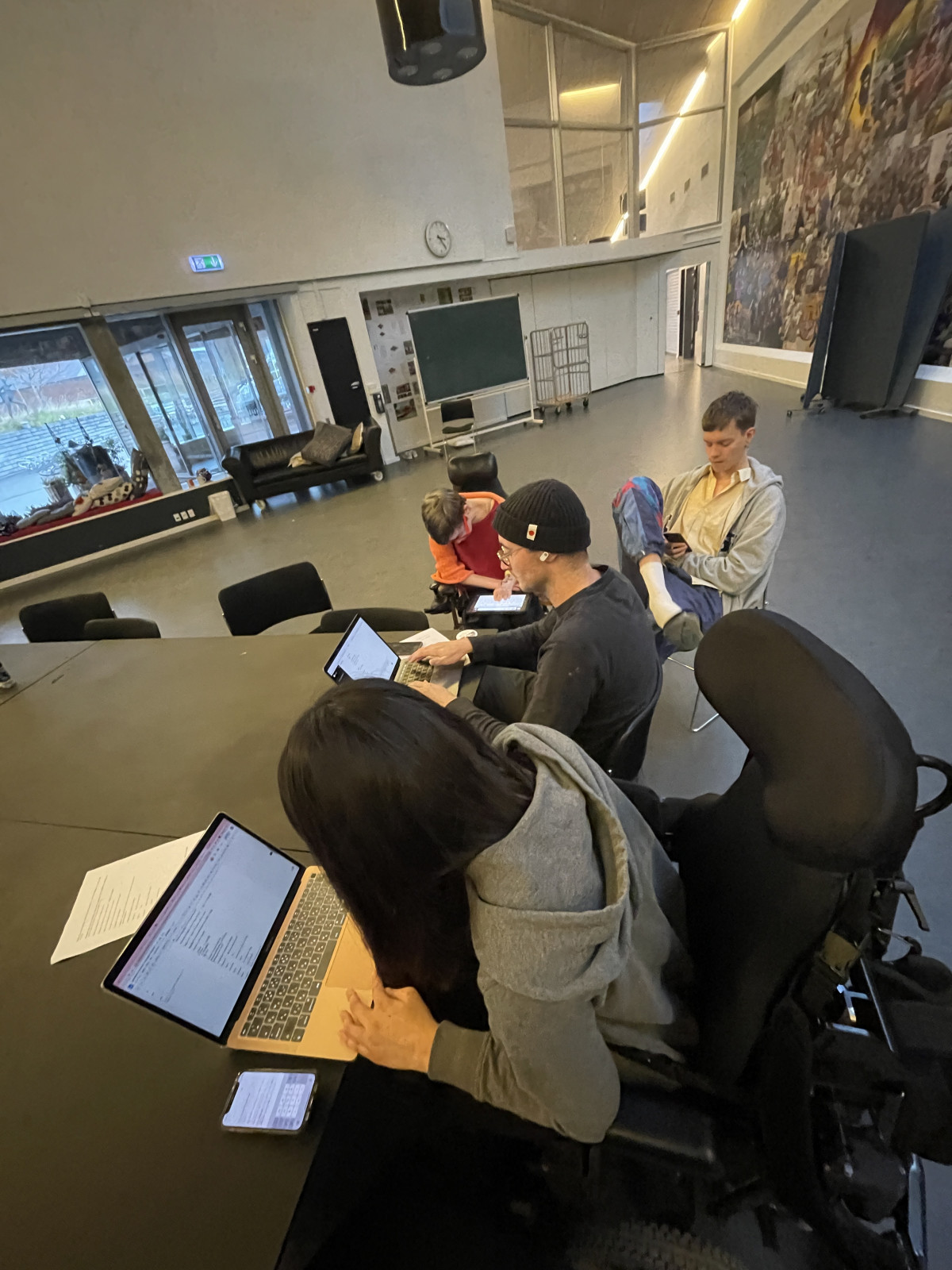国際英語学科3年生のM.K.さん(久留米信愛高等学校出身)は、文部科学省『トビタテ!留学JAPAN 新・日本代表プログラム』の選考に合格し、奨学金を受けながら約1年間デンマークに留学をしています。
『トビタテ!留学JAPAN 新・日本代表プログラム』は、「自ら社会に変革を起こしていくグローバルリーダー」を目指す学生のための海外留学支援制度です。M.K.さんは、今年度始めから準備を重ね、書類審査〜学内・学外(東京)で行われた面接を通過しました。今年(2023年)8月から、D&I(ダイバーシティ&インクルージョン)実践に積極的なデンマークに留学中のM.K.さんに、今回2回目のインタビューを行いました。(1回目のインタビュー記事はこちら)
質問の聞き手はアドバイザーのDoyle准教授です。
In today’s blog, we are going to do the second interview one of our Junior year students, M.K. さん. She received a scholarship from トビダテ!留学JAPAN 新・日本代表プログラム and is now in Denmark! The interviewer is her advisor, Dr Doyle.
Q. You have been in Denmark for nearly 4 months now, how are you finding life in Denmark?
Life in Denmark has become so familiar that I have learned how to relax. I encounter language barriers and cultural differences every day, but compared to myself who just started studied abroad, I have come to find the problems that confront me enjoyable and interesting. I think it is one of the pleasures of everyday life to make friends who connect across borders, languages and obstacles. My school has a boarding system, so everyday is really fun because I spend all my life at school. I'm spending precious days with my friends who are leaving me in this semester because the semester ends in the middle of December.
デンマークの生活はやっと息抜きの仕方を覚えたくらいに慣れてきました。毎日、言葉の壁や文化の違いにはぶつかりますが、留学したての自分に比べるとぶつかる問題に楽しみや面白さを感じるようになりました。国境や言葉や障害を超えて繋がる友達ができたのも毎日の楽しみの一つだと思います。私の学校は全寮制で生活全てを学内で行うため、毎日がすごく楽しいです。12月の半ばにセメスターが終わるので、このセメスターでお別れする友達との貴重な毎日を過ごしているところです。
Q. I know you said in your last blog that you were learning Danish, how are you finding the Danish language? Is it very difficult or are you managing to pick it up?
I mainly study Danish by asking my friends about things I don't understand in online language school lessons once a week, conversations that are exchanged in everyday classes and daily life, and homework and classes at language school. Honestly, it's really hard. It is a language that will never be linked to Japanese because of its pronunciation, word order, spelling and letter form. It's a repetition of picking up words little by little every day, memorizing greetings, and using them a lot. Since most Danes can speak English, English is the main language they use in their daily lives. Many people with disabilities cannot speak English, so simple conversations are conducted in Danish using devices and sign-language. Sometimes, when I call with my family or friends, I forget Japanese, Korean and English and often get irritated.
デンマーク語は、主に毎日の授業や生活で飛び交う会話と、週に一回のオンライン語学学校でのレッスンと、語学学校の宿題や授業でわからないところを友達に聞くなどして勉強しています。正直すごく難しいです。発音・語順・スペル・文字の形から、日本語とは絶対に結びつかないような言語です。毎日少しずつ単語を拾い、挨拶を覚え、一生懸命使っていくことの繰り返しです。デンマーク人はほとんどの人が英語を話すことができるので、日常生活で主に使っている言語は英語です。障害を持っている方は、英語を話せない方が多いので、デバイス機器や手話を使って簡単な会話はデンマーク語で行います。時々、日本にいる家族や友達と電話をすると日本語も韓国語も英語も忘れてしまっている時があります。
Q. Tell us, how are your classes going? Tell us about the classes and how are they different from classes in Japan?
Of course, classes differ depending on the subject, but what is very different from Japan is that classes are not conducted in a passive manner by students and not in the form of classes in which teachers write on their boards. They don't place particular emphasis on grades, rankings, or competition, so they pursue what they like and what they are good at and take the time to learn everything. Most of the classes focus on how much I did my best, regardless of speed or accuracy. To give a simple example, if we do a math test, we can explain verbally which formula to use rather than fill out all the formulas on paper as we do in Japan and give an accurate answer. In this country, where individuality is very important, of course obstacles are included. Sometimes people have different paces, different perspectives, different ways of understanding something, but classes are conducted in a way that all students use various means to create their own classes to accomplish one thing together.
授業は科目によって授業形態がもちろん異なりますが、日本と大きく違うのは生徒が受け身の体制で授業が行われることや先生の板書を書き留める授業形態ではないことです。特に成績や順位や競争に重点を置いていないので好きなことや得意なことはとことん追求し、何事も時間をかけてじっくり学んでいくスタイルです。ほとんどの授業がスピードや正確さにこだわらずどれだけ自分のベストを出せたかに焦点を置いています。簡単な例で言うと、数学のテストを行ったとしても、ここでは日本のスタイルの紙に計算式を全て記入して正確な答えを出すのではなく、口頭でどの公式を使うのか説明することができるかを測られ答えの正確さより理解度を重視しています。個性をすごく大切にするこの国では、個性の中にもちろん障害も含まれます。人によってペース、物事の見方、理解の仕方が異なることがありますが、ひとつのことをみんなでクリアするために、さまざまな手段を使って生徒全員で授業を作り上げていくスタイルで授業が行われています。
M.K.さん、デンマークから、2回目のインタビューに答えてくださりありがとうございました。次回のインタビューでは、M.K.さんがデンマークでの留学で挑戦していることや、デンマークのクリスマスの様子について伺います。お楽しみに!
・1回目のインタビュー記事はこちらをクリック: 【学生の活躍】『トビタテ!留学JAPAN 新・日本代表プログラム』に国際英語学科3年生が選ばれました! ①


